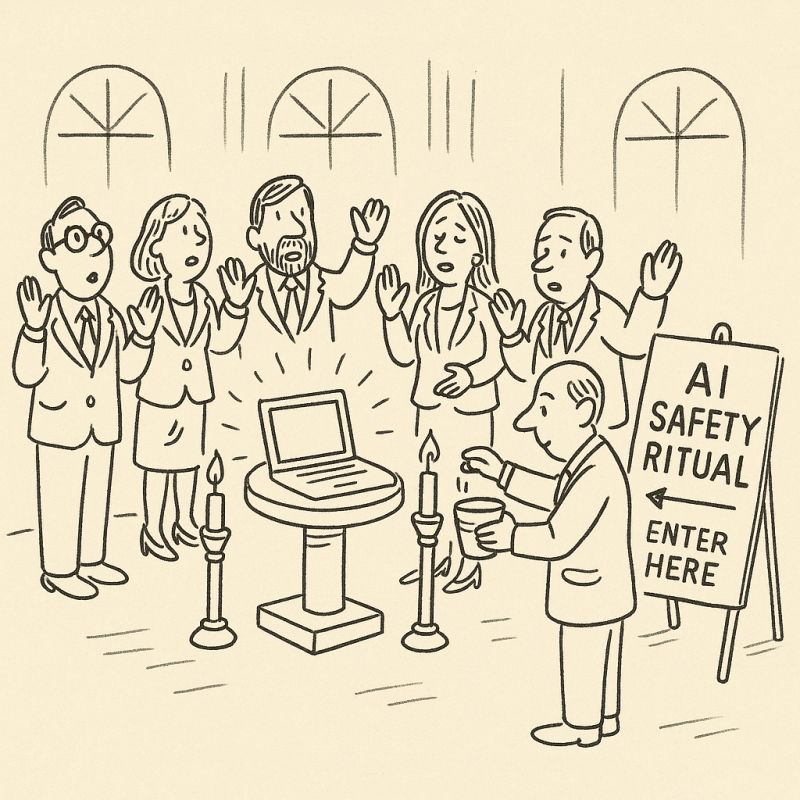Everyone’s talking about “auditing their AI,” but too often what’s happening is merely for procedural comfort, not actual scrutiny.
I’ve seen it happen many times now. Red teams are spun up. Ethics frameworks get glossy PDFs. Long lists of checklist items are dutifully ticked off. A few spicy prompts are run through the system. And if nothing explodes, the AI is declared as audited.
But watching a model react to a few curated inputs isn’t an audit. It’s a demo.
Real AI auditing is not about catching the occasional bad output. It’s about systematically interrogating behavior—emergent, adaptive, and shaped by incentives. Models don’t live in the lab. They’re deployed into messy, dynamic systems: markets, user communities, adversarial environments, and data distributions they’ve never seen before. And under these pressures, they change.
Static analysis gives you a skeleton. Snapshot testing shows you some angles. But neither reveals what happens when a system is left to run, exposed to incentives, edge cases, and scale. The code can be airtight and still yield outcomes that drift, amplify, or destabilize.
That’s why auditing needs more than just engineers. It needs systems thinkers. People who understand how incentives compound, how feedback loops distort behavior, and how platforms evolve when money and power are in play. If you’re not seriously testing how a model behaves over time, under real-world pressures, you’re not auditing—you’re performing a ritual. And rituals are dangerous when they make people feel safe just as the system begins to slip.
The worst failures won’t show up as shocking one-off outputs. They’ll emerge slowly, subtly—distortions that accumulate into consequences you didn’t plan and can’t easily reverse. I’ve seen systems sail through every internal check, only to fall apart under adversarial, market-aware testing. And I’ve seen the people in charge act surprised. Frankly, they had no reason to be.
Of course this costs resources and you’ll want to tailor your approach accordingly. But where it really matters—business risks, compliance risks, regulatory scrutiny, or simply not that negative news headline—make sure your audits actually matter, too.
If we want AI to truly serve us, we need to test it like it matters. With technical rigor, economic realism, and regulatory seriousness. The future will not be shaped by the models we intend to build—but by their actual real-world behaviour. So let’s make sure we understand that properly!
